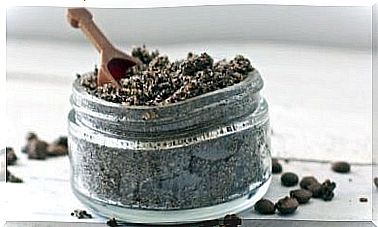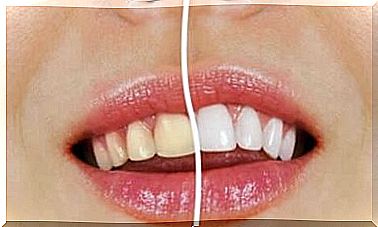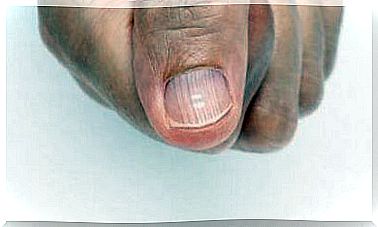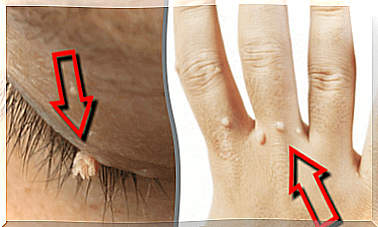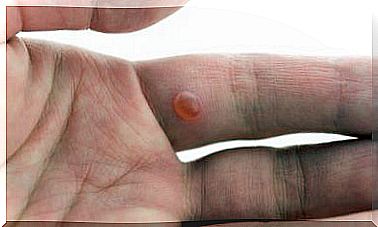Making Natural Insect Repellent At Home
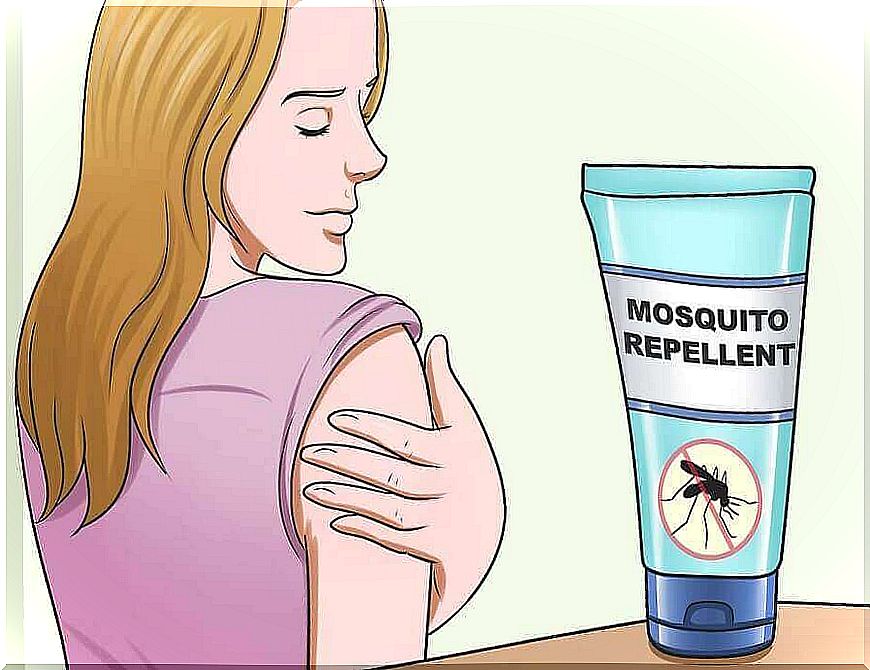
The effectiveness of a natural insect repellent can be good, and a great advantage is, among other things, non-toxicity. However, make sure you are not allergic to any of the repellent ingredients we present – if you are, do not use this insect repellent.
Now we talk about natural products that repel mosquitoes (java citronella, eucalyptus and geranium) and give a recipe to make a cream. You should try!
Ordinary mosquito repellents
Commercial mosquito repellents usually contain several toxic ingredients. These go into the pores of your skin and from them into the bloodstream, which can be detrimental to the organs of the body. We now talk about the most toxic common ingredients in mosquito repellents.
DEET
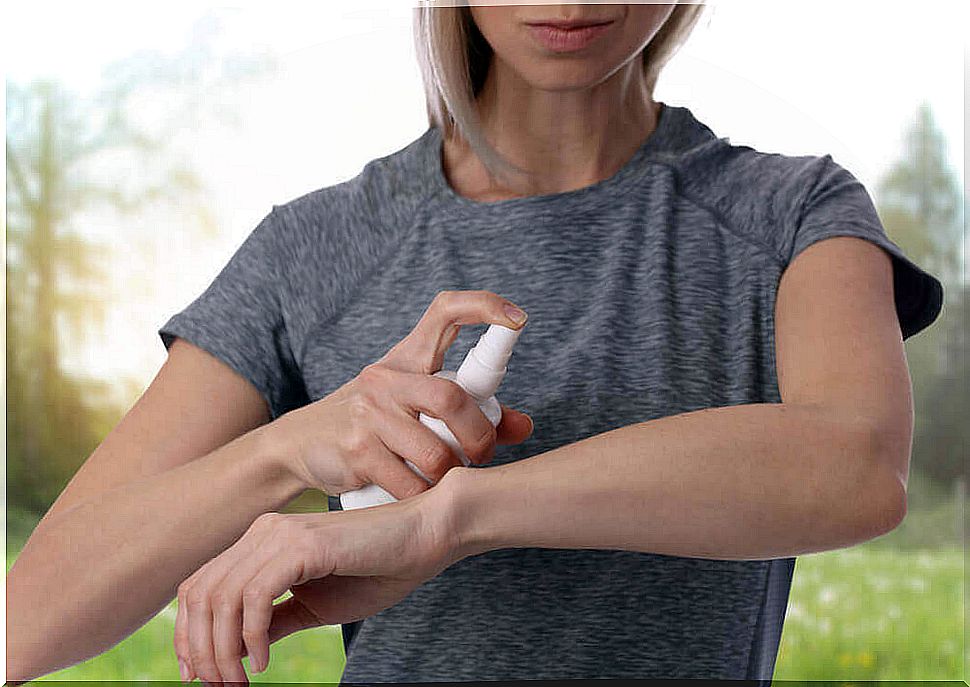
Many insect repellents contain a substance called diethyltoluamide (DEET). Although this is a very effective repellent, it can cause damage to the human central nervous system in the long run.
DEET can even change the way a very important enzyme in the body, acetylcholinesterase, works. According to studies, DEET also causes skin irritation, redness, and swelling (reminiscent of anesthesia).
DMP
Dimethyl phthalate (DMP) is another harmful substance found in mosquito repellents. It makes the products last longer in use. However, its problems include possible damage to the liver and kidneys. In addition, it can harm the fetus during pregnancy.
Parabens
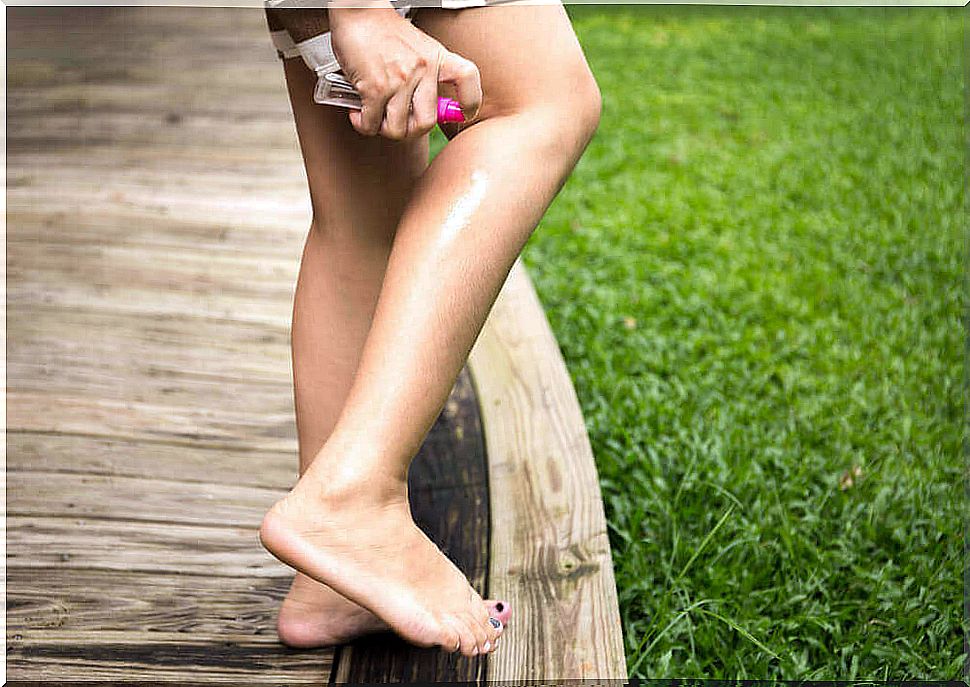
There are parabens elsewhere than in mosquito repellents; they are found in a great many cosmetic and hygiene products.
These are preservatives that inhibit bacteria and fungus. However, due to allergies and hormonal changes, products are increasingly paraben-free today.
Natural mosquito repellents
The best natural products to control mosquitoes are the following three essential oils:
Java citronella
This is the most popular natural mosquito repellent. Citronella has a typical scent for citrus products, but it is advisable to use the Indonesian type for this natural product to work effectively in insect control.
Eucalyptus polybractea ( blue-leaved mallee )

You can use this product even if your skin is sensitive. It is very effective but gentler on the skin than many other products. Its anti-inflammatory effect is helpful in relieving itching.
Geranium
Geranium has a sweet scent, and this is a very gentle but still very effective natural product for repelling mosquitoes. However, always dilute it properly. You can put its essential oil well diluted on your baby’s clothes or diapers so that it does not come in contact with your skin.
Organic mosquito repellent
You can easily prepare your own homemade and natural repellent with the following tips:
Ingredients
- 100 ml of alcohol (preferably cetearyl alcohol, as this is the only type that does not dry out or irritate the skin)
- 50 drops of essential citronella, eucalyptus or geranium oil (or a mixture of these) – 30 drops is enough if you do it for a child
Note: If you want a more creamy blend, replace the alcohol with the same amount of aloe vera gel (which soothes and refreshes) or coconut oil (which nourishes and leaves the skin silky).
It is best to always use pure essential oils with clear product information (plant part, method of recovery, origin, etc.). By checking, you will be able to avoid chemical products that are not natural and have no therapeutic benefit.
Manufacture of natural insect repellents
- Mix the ingredients and place the mixture in a jar with a lid.
- Store it in a cool, dark place to preserve the properties of the essential oils.
- Use the mixture after two weeks.
Use
- The cream you prepare should probably be applied every 2-3 hours. It contains only natural ingredients that are less harmful to health, but also evaporate faster than commercial chemicals. However, the exact instructions for use depend on the person.
- Avoid contact with eyes, mouth and other sensitive areas.
- Be careful of the allergic reactions that essential oils can cause to some.
Main image of text: © wikiHow.com.

